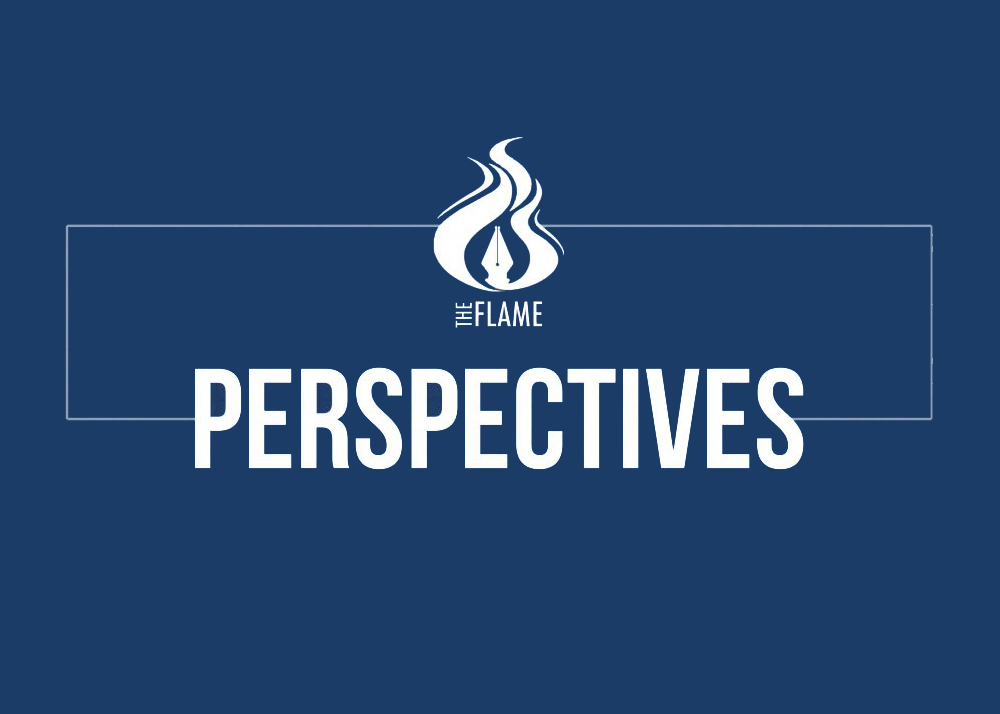By MARK JOSEPH B. FERNANDEZ
Before the rise of the New Media Age wherein people can easily access aural and visual materials for recreational purposes using the internet, movie and song rental retailers were some of the main avenues for home entertainment beside free television programs and movie and song title shops.
These rental retailers were essential for people who did not want to buy a specific movie or album permanently and instead wanted to indulge on a specific title only for a short period of time.
For Filipinos, music television and FM radio channels were the former avenues most used to listen to the latest song hits, but for movies and television series, rental retailers such as ACA Video and Video City were the top establishments visited by audiences, other than movie houses and permanent movie title shops.
It has been long since movie rental retailers were drastically phased out from the Filipinos’ consuming habits, but the trend of renting movie and song titles instead of buying them for good continued with the rise of the technological era.
Now, Filipinos are starting to embrace the phenomenon of subscription-based streaming platforms, which is the digital version of aural and visual rental retailers, and many have been subscribing to such platforms.
Some of these known streaming platforms that are especially popular to Filipinos are Netflix and Spotify. The former is a paid streaming service that offers a multitude of movies and television series that viewers can watch repeatedly, while the latter is a paid music streaming service that offers loads of songs and online podcasts that people can listen to through the convenience of their electronic gadgets.
The introduction of Netflix and Spotify were mostly praised for the convenience, satisfaction, and ease that they give to Filipino consumers in the palm of their hands. Some consumers are even too enthusiastic with the streaming services that they would rather pay for those than avail of cable television subscriptions or buy album titles.
For other consumers, though, they perceive Netflix, Spotify, and other similar streaming services as a capitalistic opportunity for conglomerates to cash in funds from people who are trying to find ways to spend less for recreation. They mask these streaming services as an avenue to pay less while enjoying the freedom of watching and listening to titles much like a rental, even though these services just make people waste money because, in reality, not every title can be watched or listened to in a short period of time.
Still, some Filipino consumers still prefer to rent movies and songs using these streaming platforms despite the claims of others because these help them manage their funds more efficiently, especially with the current state of the country’s economy.
With the spiking taxes and fees in the country, Filipino people who are extremely affected by these will need to sacrifice some of their costly leisures to compensate for the sudden changes affecting their income, which includes the recreational activities of watching movies and television series and listening to music.
Before, movie and song title rental retailers were loved by people who just wanted to spend less on their leisures, but now, some are availing rental streaming platforms just to avoid the extra costs of buying movie and song titles for good because people simply cannot afford it in this present economy. F
Editor’s Note: This article was originally published in Vol. 54, Issue No. 3 of the Flame. View the entire issue through this link: https://issuu.com/abtheflame/docs/pages_-_the_flame_issue_3




